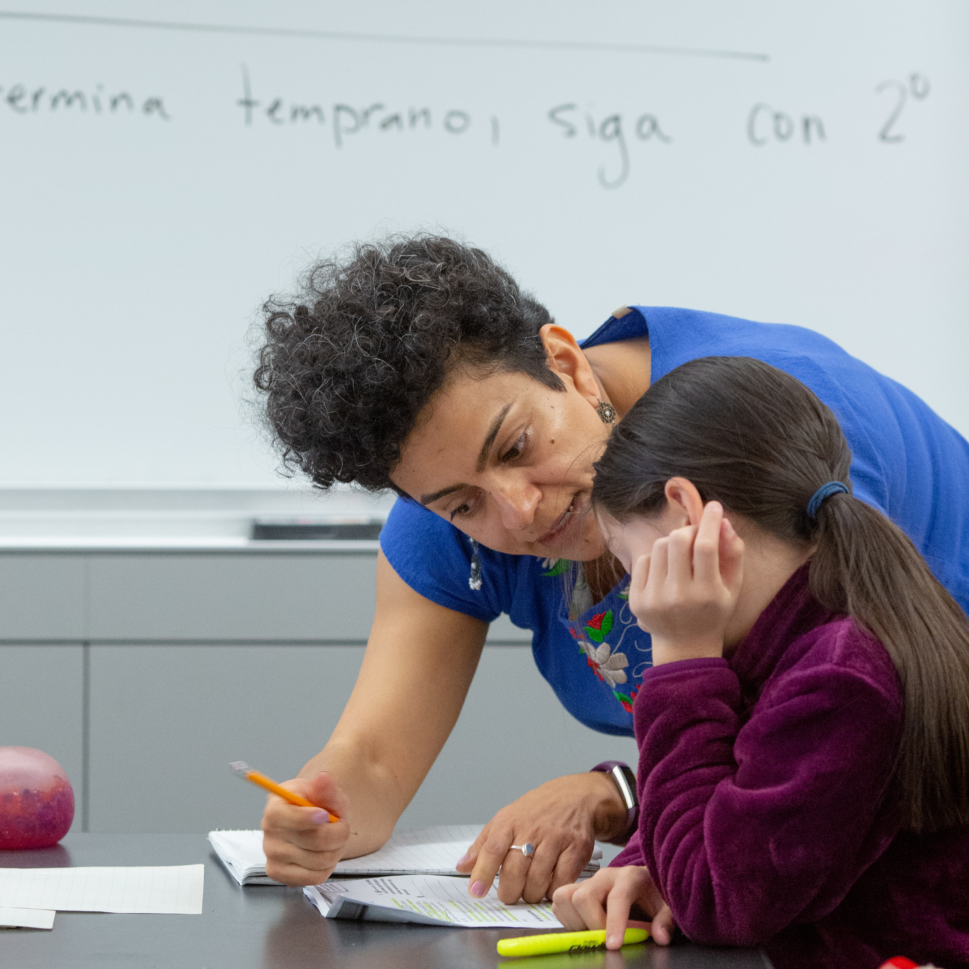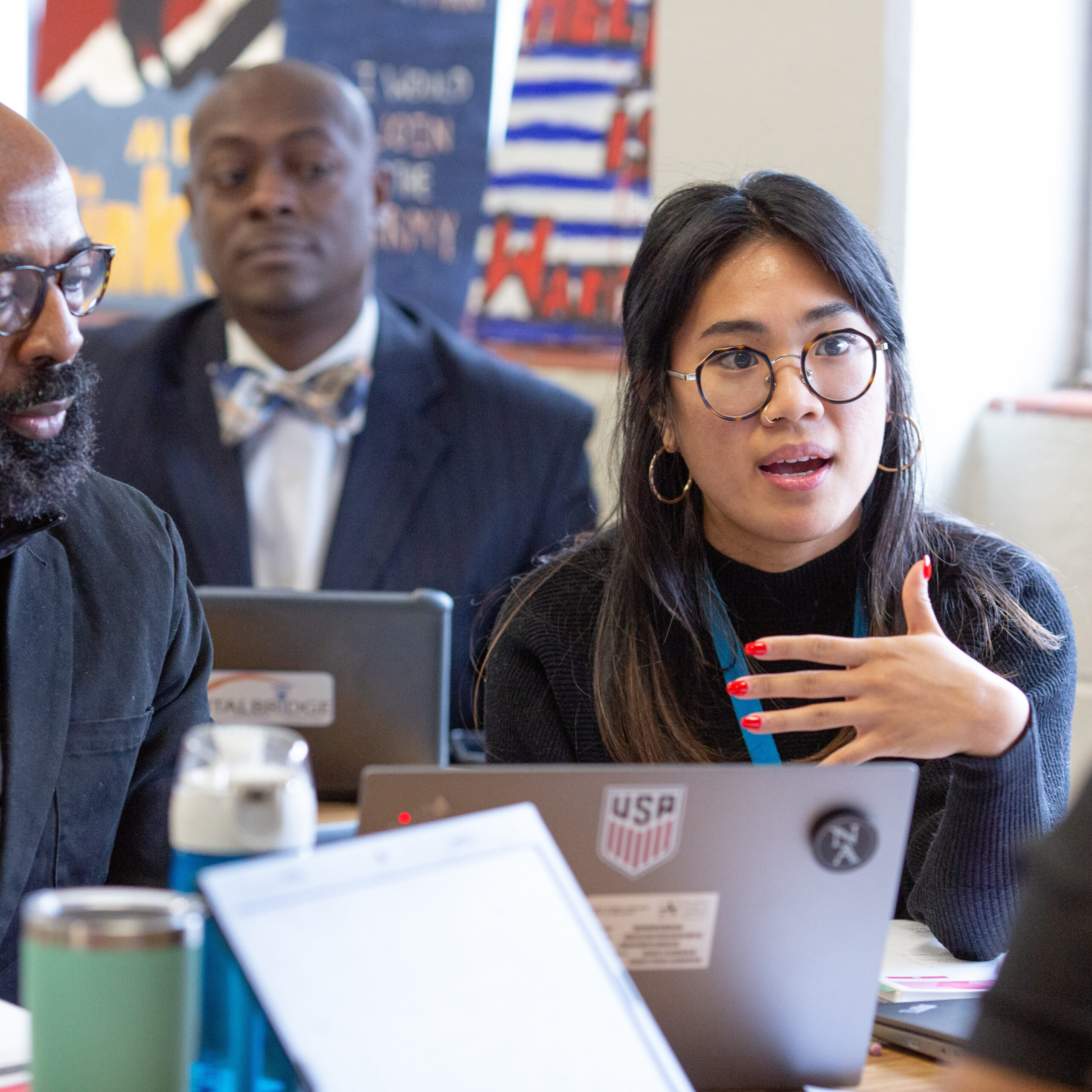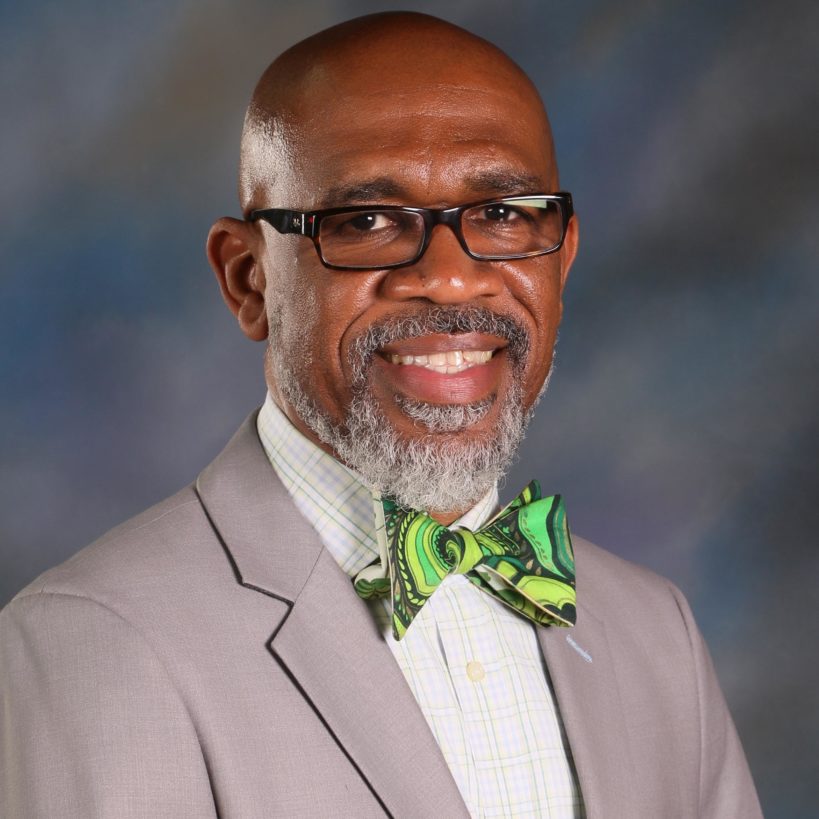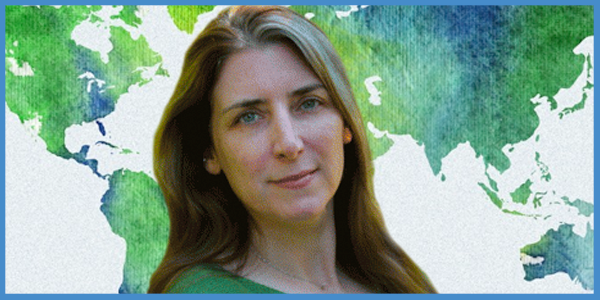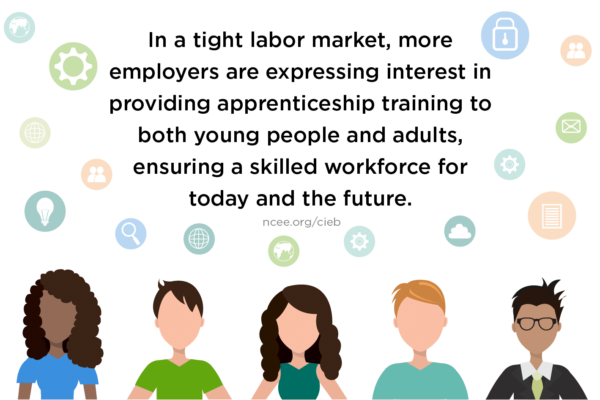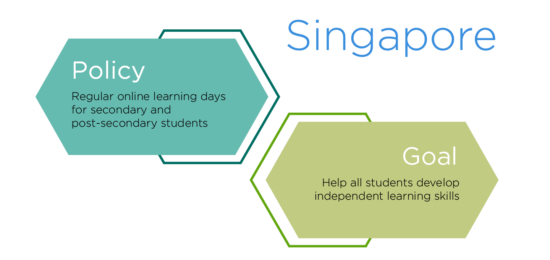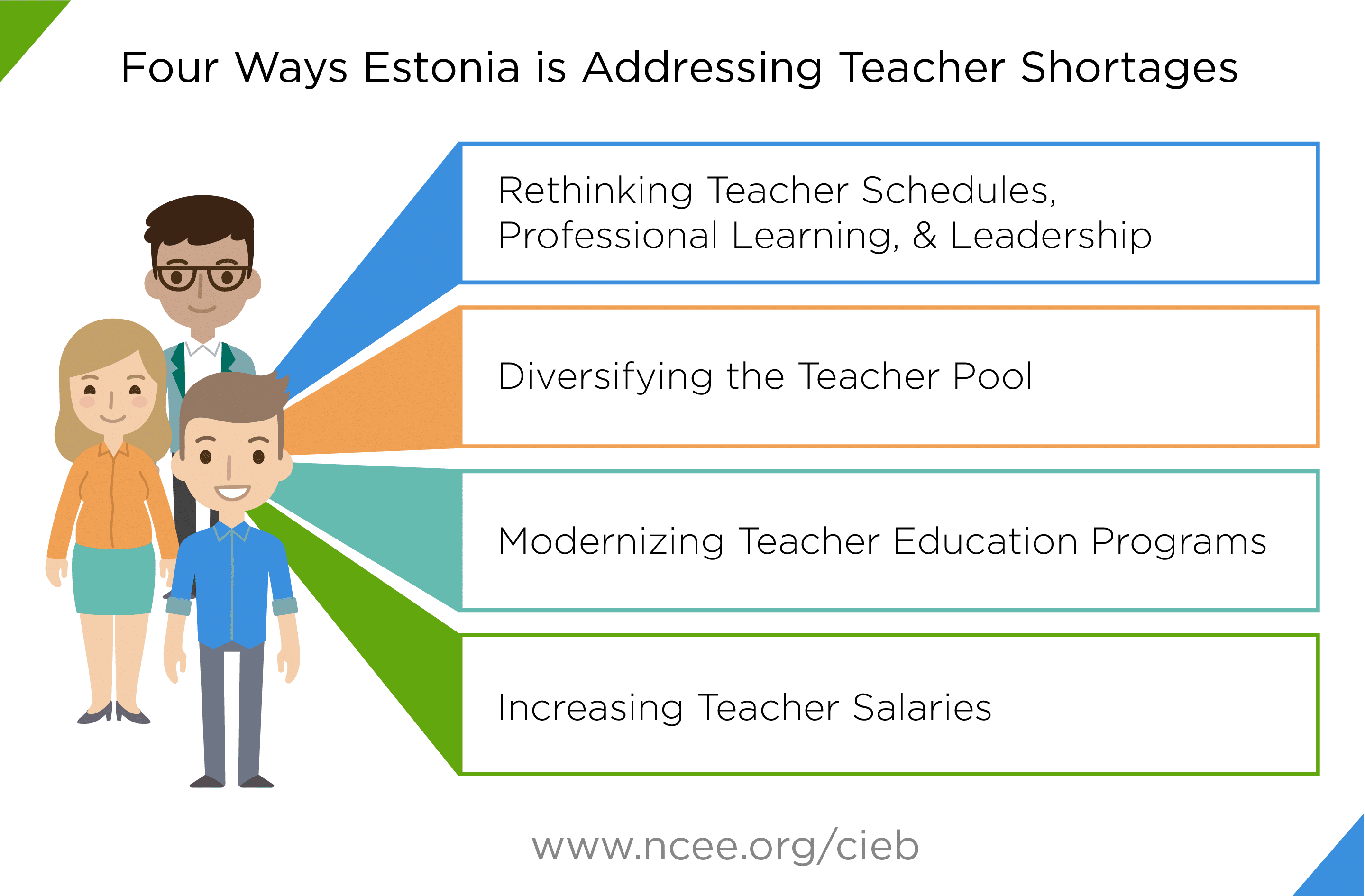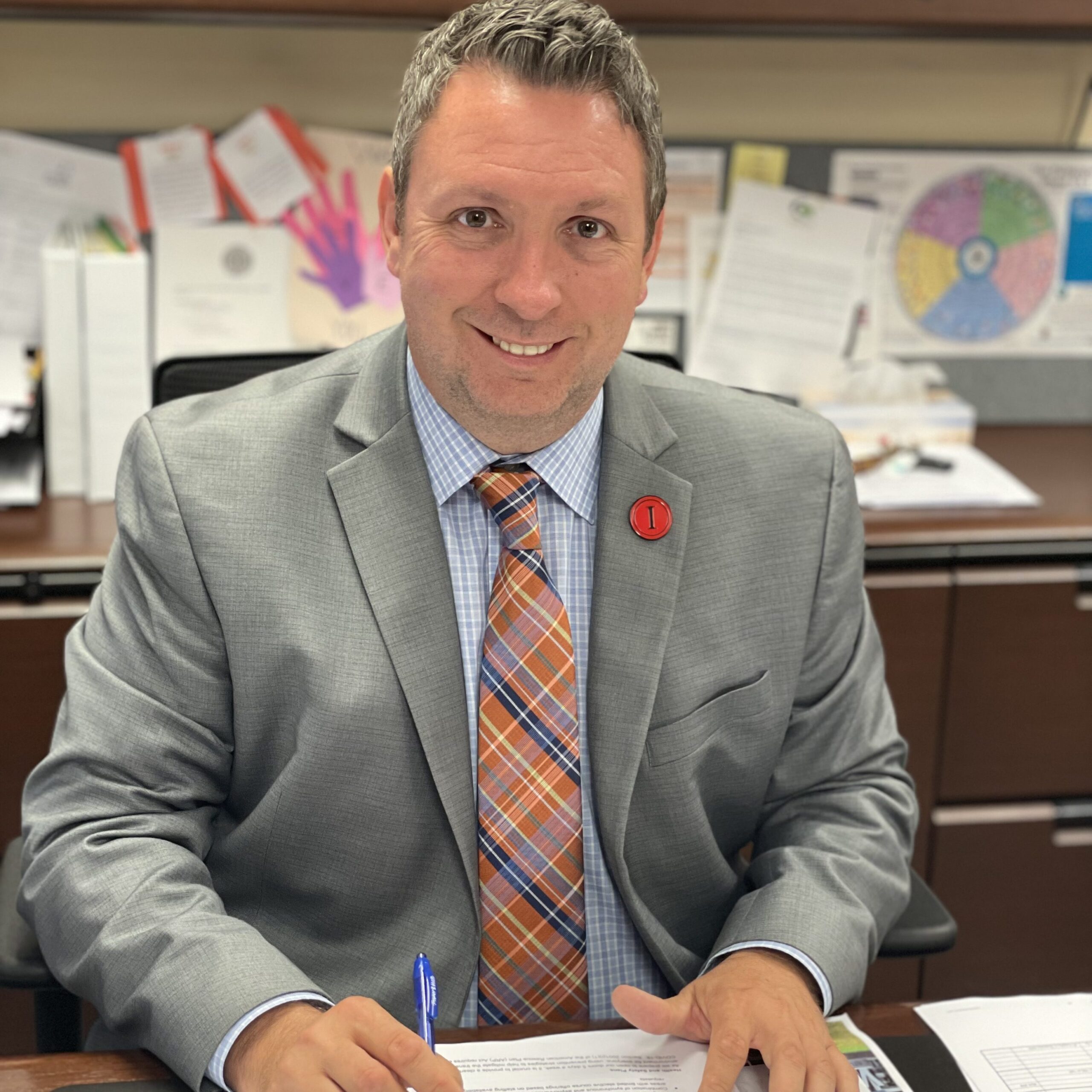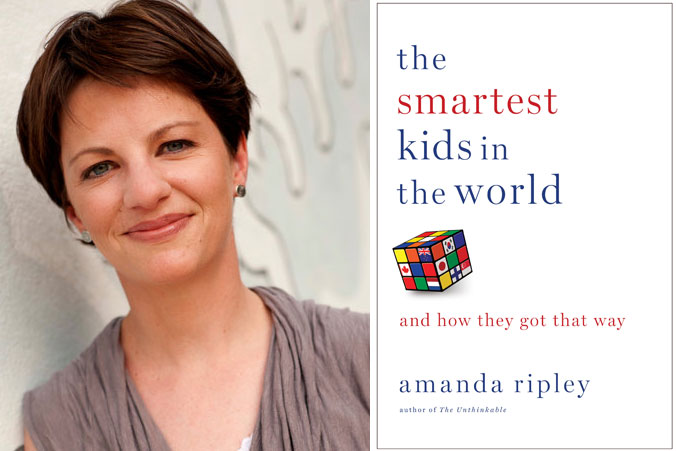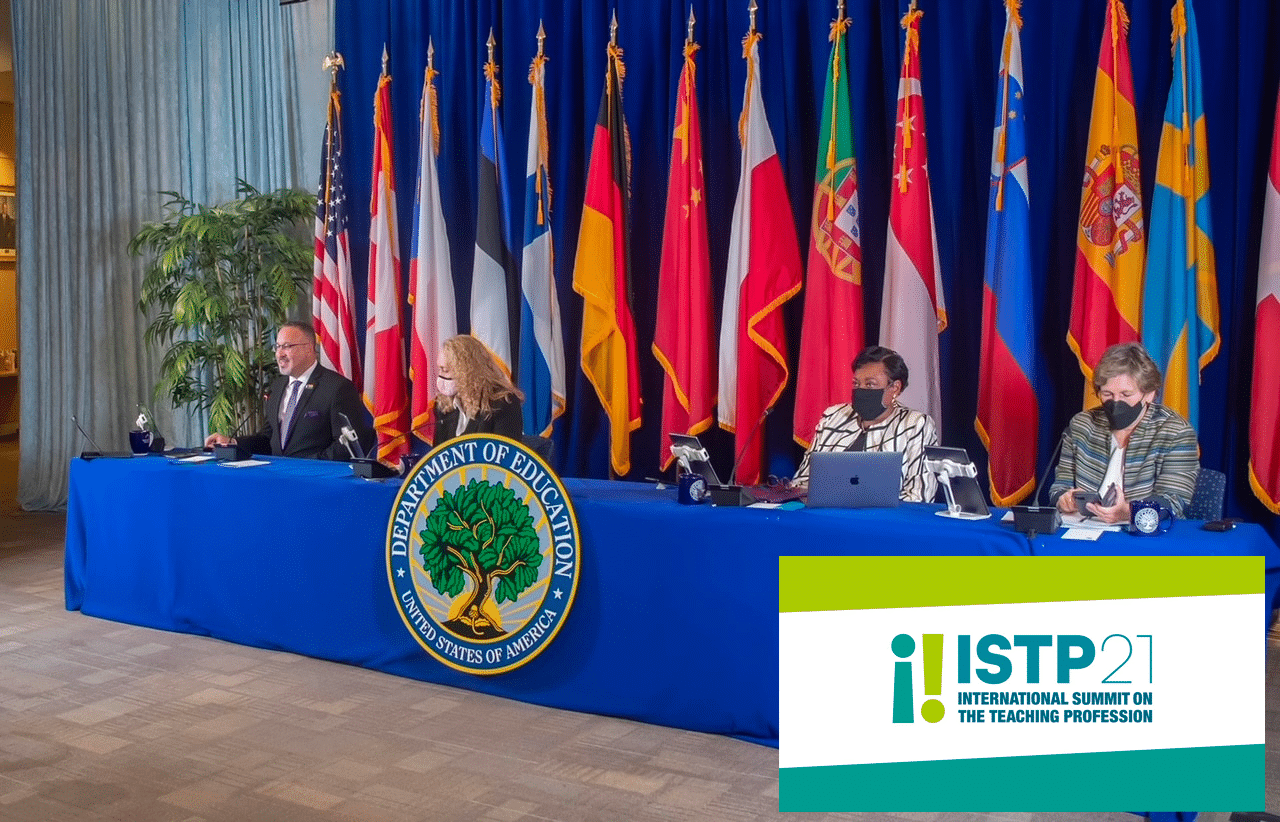America’s most effective teachers are often not in the classrooms where they’re needed most. Some new research shows other countries face the same challenge. But there are also places to look to for solutions.
This just-released report outlines the rich conversations that took place among leaders from a set of the world’s highest-performing education systems about the impact of digitalization and other global trends on the future of work and civil society; what this means for what students should learn and how they should learn it; and how this might change the role of educators and the design of public education systems.
There are too many incentives for teachers to leave the classroom and not enough for them to stay, NCEE’s Jason Dougal and Ann Borthwick argue in a commentary for K-12 Dive. Dougal and Borthwick lay out a vision for an education system in which teachers’ work environment is more like that of doctors and lawyers and they are rewarded for leading the growth of their colleagues. Implementing these changes in light of current teacher shortages will attract more people to education and keep them in classrooms longer.
Superintendent Cederick Ellis found that replacing rigid class structures in an elementary school with a more student-tailored approach boosted student outcomes. He is now taking that approach to the rest of the schools in Mississippi’s McComb School District.
Tracey Burns, an international education researcher, talks with NCEE’s Anthony Mackay about potential directions for education around the world.
With increased interest in and funding for apprenticeships in the U.S., Switzerland’s world-class apprenticeship model offers lessons for how to build a CTE system that is both appealing to students and valued by industry.
From increasing teacher pay to widening the recruitment net to rethinking the very nature of the job, Estonia’s education strategy is aimed at improving recruitment and retention of its teaching force.
America Achieves CEO Jon Schnur discusses the importance of a good jobs agenda and the role of career pathway systems for preparing children for the next economy on the latest Global Ed Talk with NCEE’s Anthony Mackay.
Expanding Access to Early Childhood Resources on a Shoestring Budget: A Superintendent Leads the Way
Expanding Access to Early Childhood Resources on a Shoestring Budget: A Superintendent Leads the Way
A Las Vegas principal used the upheaval of the pandemic as a chance to ground the school’s professional learning in teacher-led inquiry.
The writer of The Smartest Kids in the World speaks with NCEE’s Jason Dougal about the lessons she’s learned following students studying abroad.
In this report from the 2021 International Summit on the Teaching Profession, NCEE summarizes the latest thinking of ministers and teachers’ unions from 15 high-performing education systems about how schools can advance an equitable, whole child agenda.

